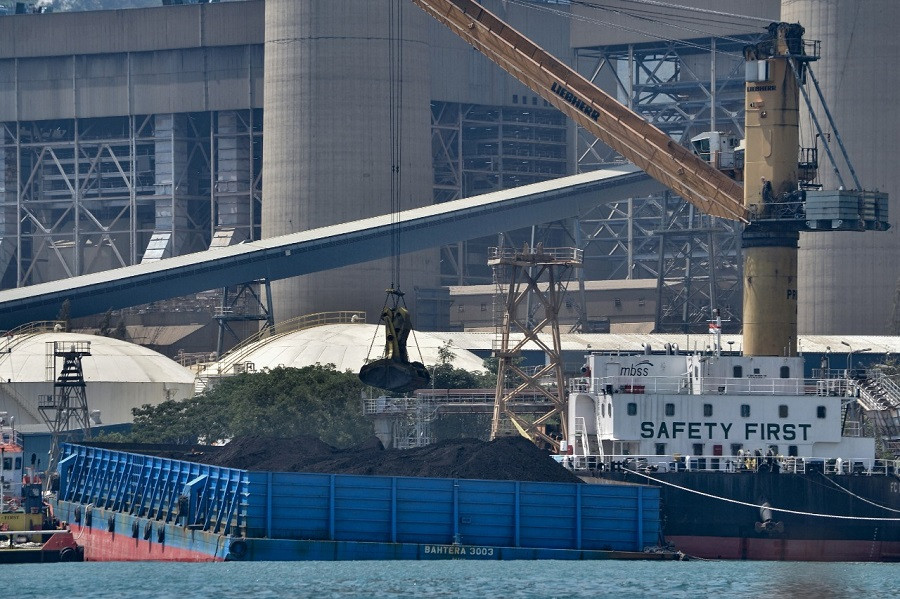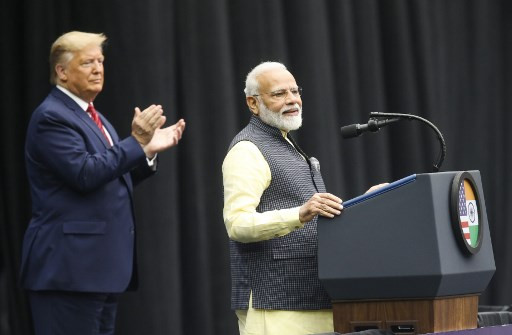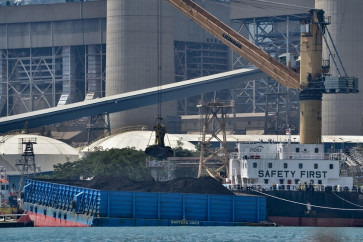Popular Reads
Top Results
Can't find what you're looking for?
View all search resultsPopular Reads
Top Results
Can't find what you're looking for?
View all search resultsJokowi digs in heels on coal export ban
The government insists the move is needed to safeguard domestic power supply and says it is "quite comfortable with the risks" it faces.
Change text size
Gift Premium Articles
to Anyone
A
fter announcing the January thermal coal export ban in a move apparently aimed at safeguarding domestic power supply, the government is standing its ground while markets are feeling the pinch.
Economists expect the coal ban to affect state revenue and cause a global coal price spike.
The decision has been met with criticism from coal mining firms, which called for a permanent solution to solve structural problems in domestic coal supply.
President Joko “Jokowi” Widodo said the domestic market obligation (DMO) mechanism, which requires coal mining firms to sell at least 25 percent of their output to domestic electricity producers at no more than US$70 per ton, should not be violated for any reason.
“Companies that are unable to fulfill their obligation to meet domestic needs may be subject to sanctions. If necessary, [they] should not get an export permit and have their business license revoked,” Jokowi said in a video broadcast on Monday.
Read also: Indonesia bans coal exports in January over domestic supply worries
The government of Indonesia, the world's biggest exporter of coal used in electricity generation, said on Saturday it had banned exports of the fuel for January to safeguard domestic supply.


















